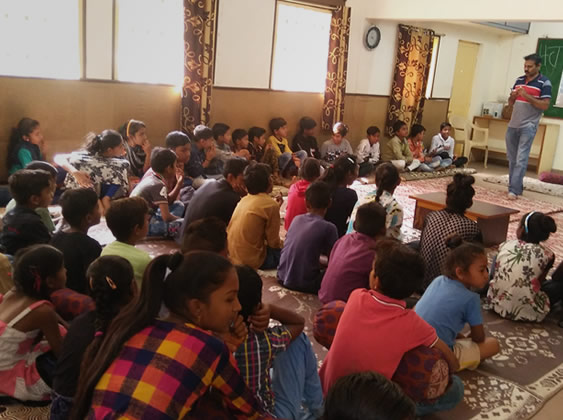Landmark
HUMAN DEVELOPMENT AND RESEARCH CENTRE
St. XAVIER’S NON-FORMAL EDUCATION SOCIETY
Since its inception, HDRC has focused on Dalits and their social inclusion and economic empowerment. HDRC has tried to create awareness, capacity building, promote livelihood options, mobilize and organize through conducting reflections, trainings and educational courses. HDRC aims to critically analyze the prevalent situations and frame development strategies for interventions.
